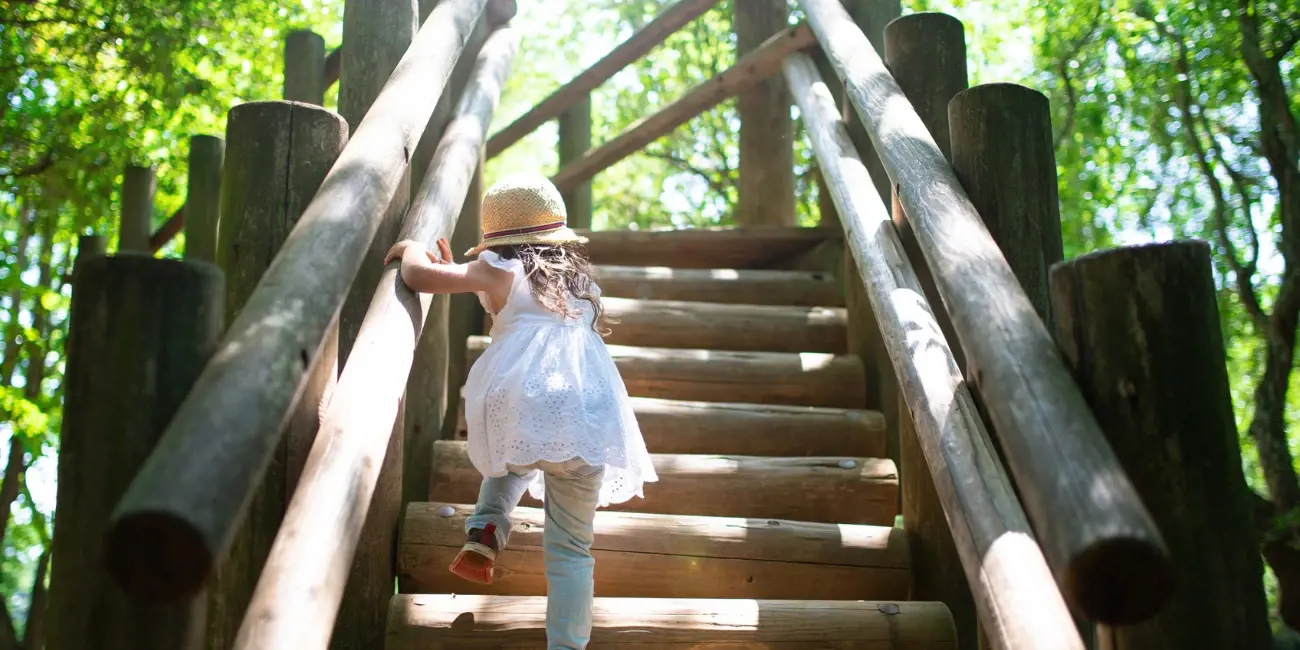The Reggio Emiila Approach: An educational philosophy focused on preschool and primary education
The Reggio Emilia approach was started by Loris Malaguzzi and parents in the villages around Reggio Emilia in Italy following the devastating effects of World War II.
After the war, parents and educators sought a new approach to teaching their children based on the idea that a child's early years of development have a significant impact on who they become in later life.
With this as their foundation, The Reggio Emilia approach focuses on creating a child-centered learning environment that promotes the natural development and curiosity of young learners. It encourages active participation, collaboration, and exploration, adopting a love for lifelong learning.
Principles, methods, and benefits
We delve into the key principles, methods, and benefits of Reggio Emilia education in an easy to navigate guide, helping parents decide if this alternative education philoosphy is the right one for their family.
The Reggio Emilia approach has been widely adopted across the globe and is based on key principles.
Image of the Child
Reggio Emilia education views children as competent and capable individuals with their own unique potential. Educators respect and value each child's ideas, interests, and abilities, nurturing a positive self-image and celebrating independence.
Emergent Curriculum
The curriculum in Reggio Emilia schools is developed from the interests and questions of the children. Rather than following a predetermined program, teachers observe and listen to the children to identify their curiosities. Their learnings then guide the direction of the educational experiences.
Project-Based Learning
In Reggio Emilia settings children often learn through participating in long-term projects or investigations. The projects encourage children to explore, investigate, and collaborate, allowing them to immerse themselves into subjects of interest. Teachers act only as guides, supporting their inquiries and facilitating their learning journey.
Learning Environment
The learning environment in Reggio Emilia schools is considered to be the ‘third teacher’. It’s carefully designed and organised to activate curiosity, creativity, and exploration. The use of natural materials, open spaces, and flexible learning areas encourages children to engage with their surroundings and take ownership of their learning experiences.
Art and Expression
Reggio Emilia schools put an emphasis on the arts being a vital form of children’s expression and just as importantly, communication. Drawing, painting, and sculpting, among other activities are incorporated throughout.
Want to know more about other philosophies? Explore The Steiner Approach.

Methods and practices
Reggio Emilia education places great importance on documenting the children's learning processes. Teachers capture the thoughts, ideas, and progress through photographs, videos, journals, and portfolios of the children. This documentation not only helps educators reflect on the development but also involves parents in the learning journey, fostering strong partnerships between educators and families.
Collaboration is also a fundamental aspect of Reggio Emilia education. Teachers, children, and parents all work together as one big learning community. Children collaborate with their peers on projects, exchanging ideas, problem-solving, and learning from each other. Educators engage in regular discussions with the children, encouraging communication and active listening.
Benefits
Reggio Emilia education nurtures children's holistic development. The ‘child-centered’ approach allows children to develop early problem-solving skills, as well as builds creativity, and a sense of autonomy. The emphasis on social interaction and collaboration fosters strong communication and teamwork skills.
By focusing on children's interests and questions, Reggio Emilia education supports a natural curiosity and a love for learning.
The philosophy emphasises the importance of parents in the education setting and documenting the children's learning processes ensures parents understand and appreciate their child's development.
Overall, this approach helps develop a lifelong passion for learning and the ability to become active, engaged learners.



































